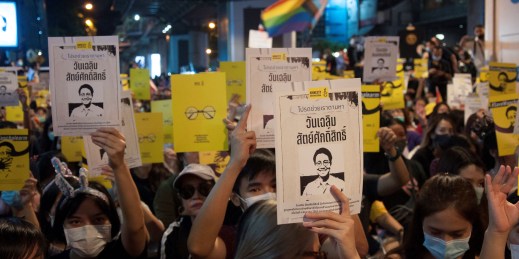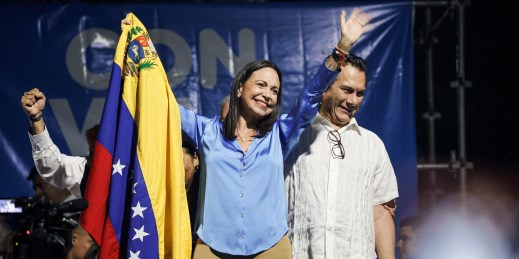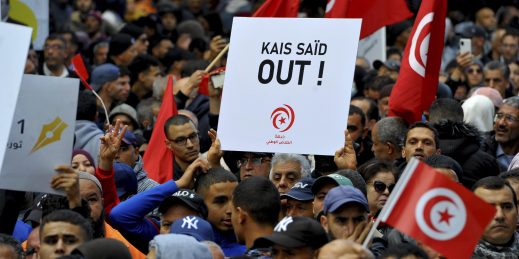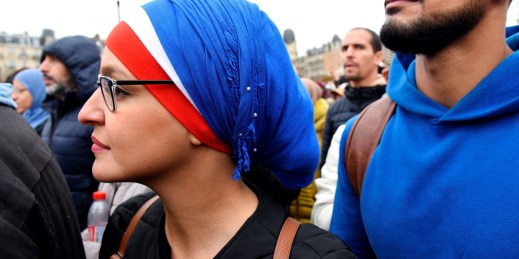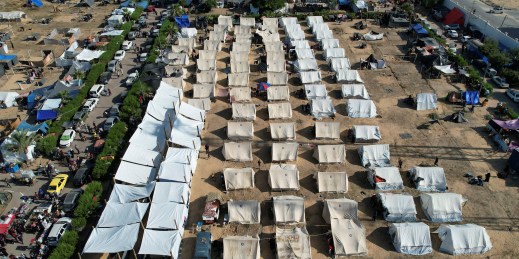
Israel’s order for civilians to evacuate northern Gaza ahead of an expected ground offensive has generated severe criticism. But an alternative, legal plan at Israel’s disposal for moving civilians out of harm’s way could, if executed, resolve Israel’s humanitarian dilemma and also yield some strategic side-benefits.

